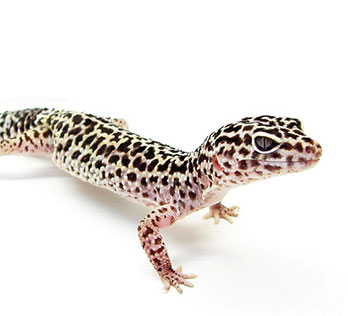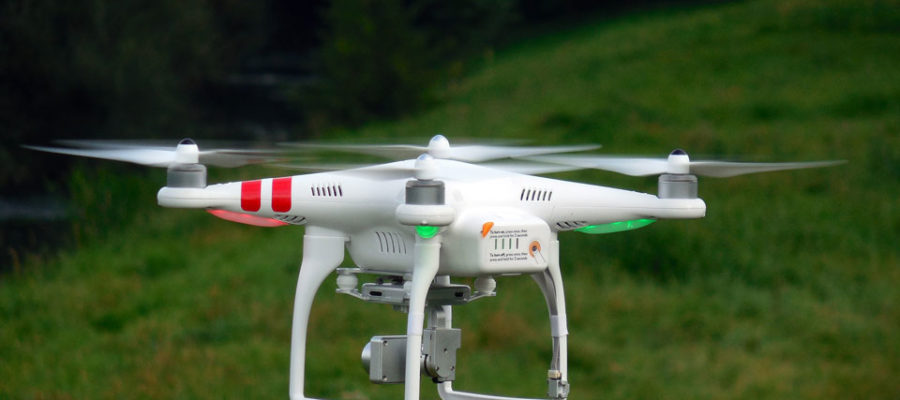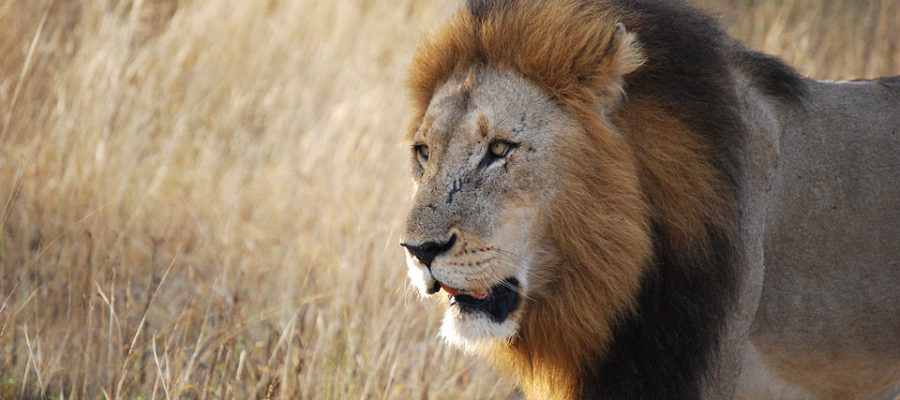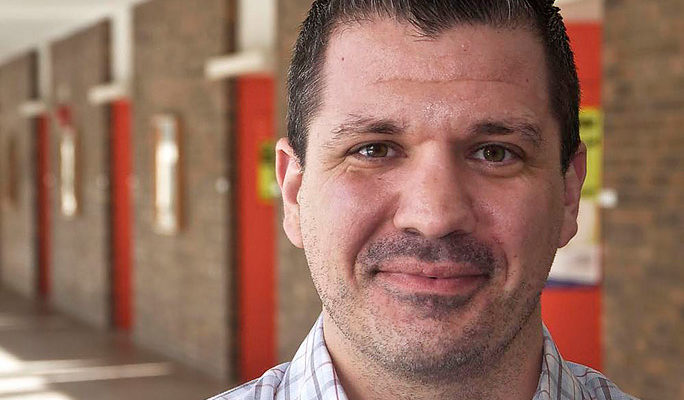People who live near highways can breathe a little easier, thanks to a new type of sound barrier that can help clean the air.
Engineers help develop air-cleaning sound barrier


People who live near highways can breathe a little easier, thanks to a new type of sound barrier that can help clean the air.

Geckos can regenerate tissue and heal without scarring, and Prof. Matt Vickaryous, Biomedical Sciences, wants to understand how they do it. Learning how geckos avoid scars and still heal rapidly without excessive fluid loss and infection could help researchers find ways to improve the healing process in humans.

Researchers at U of G are getting a bird’s-eye view of early warning signs of crop damage thanks to the use of drones.

Why aren’t there more lions when there’s plenty of prey on the African savanna? A team of researchers, including integrative biology professors John Fryxell and Kevin McCann, found that relative amounts of predator and prey biomass in diverse ecosystems around the globe are remarkably well-predicted by a simple mathematical function called a power scaling law.

Prof. Stephen Lewis, Department of Psychology, was 15 when he first self-injured by cutting himself. In a TEDx talk delivered earlier this year, Lewis describes how bullying led to a major depression and how over time he became suicidal. The road to recovery was long and difficult, but “I can let others know that as